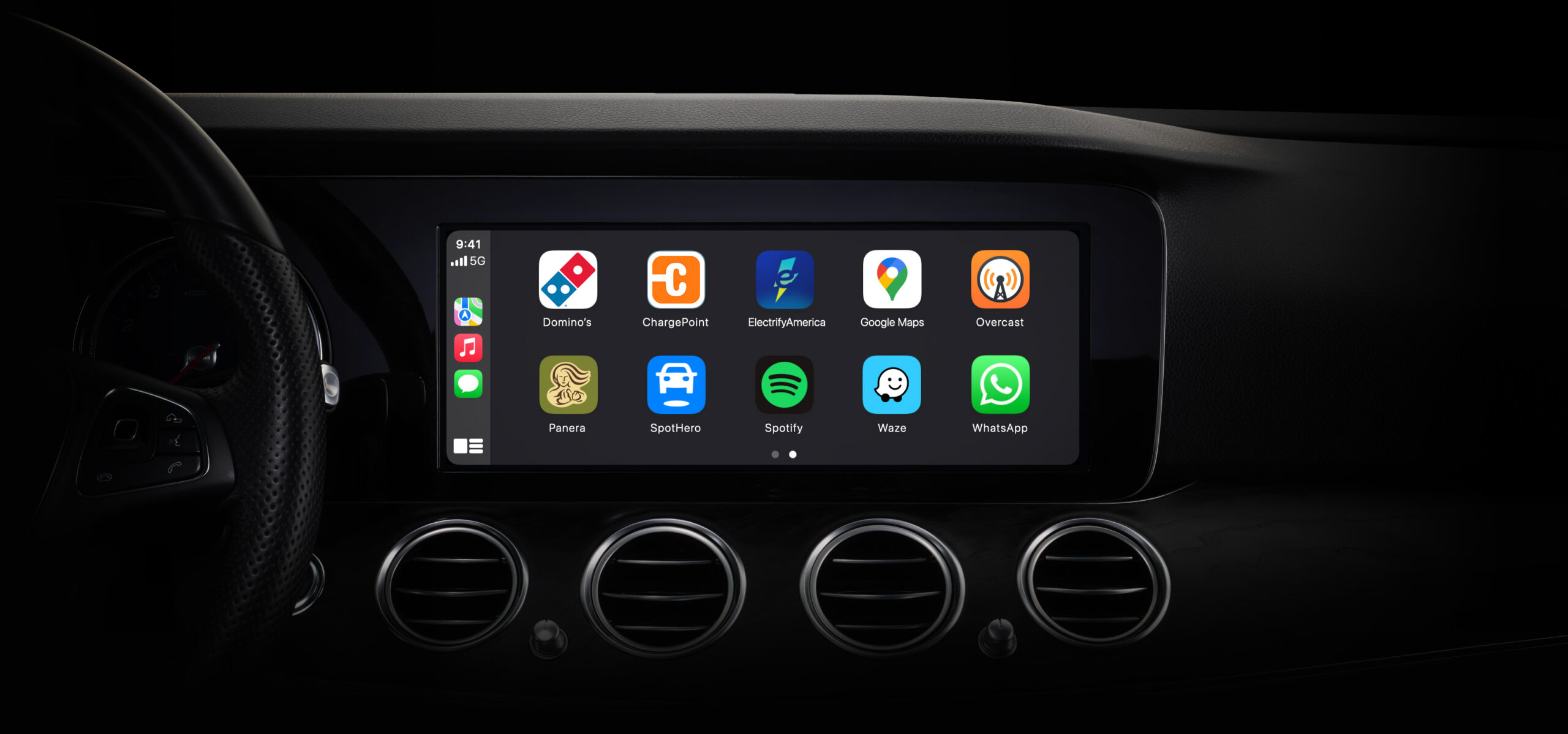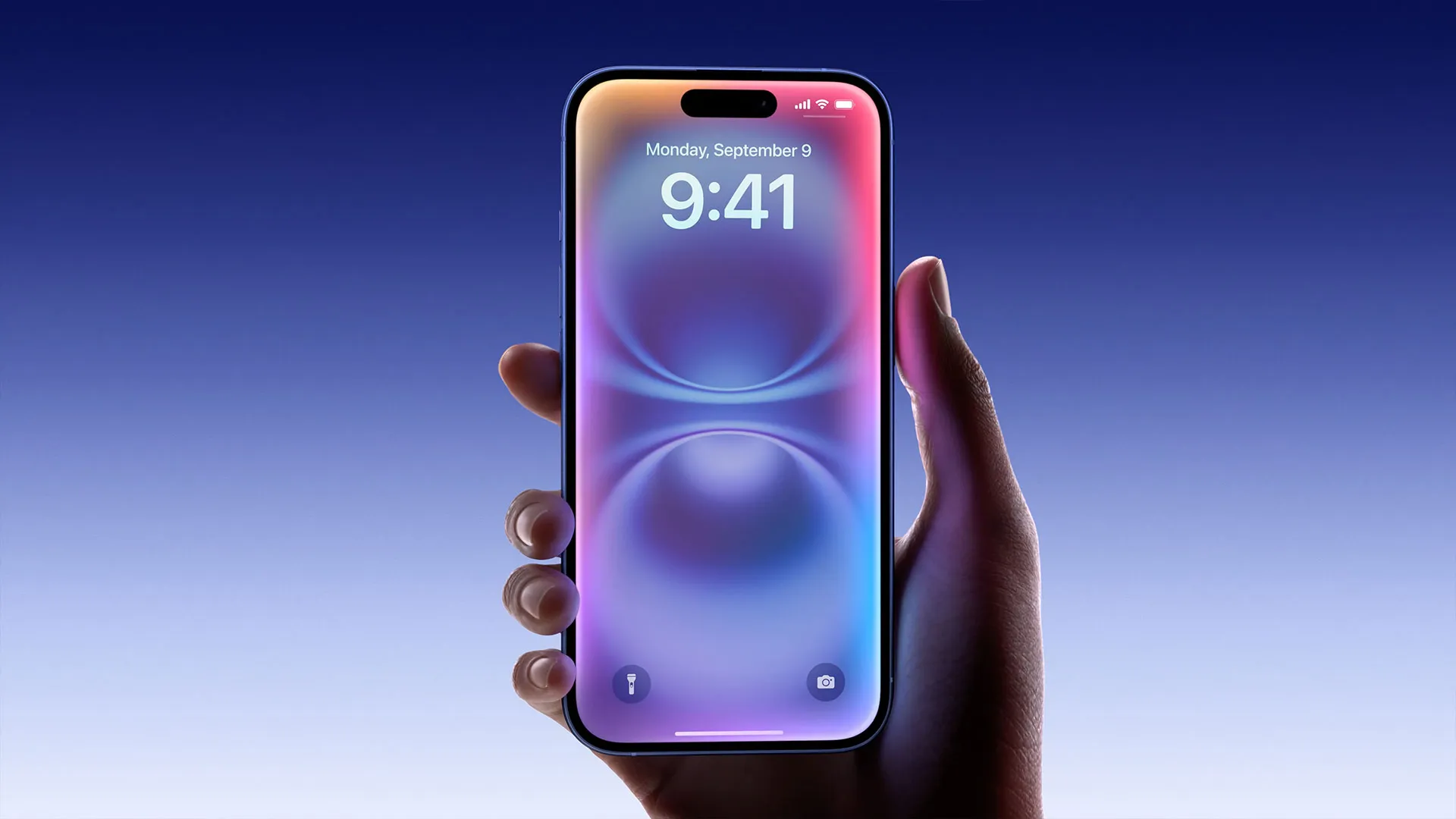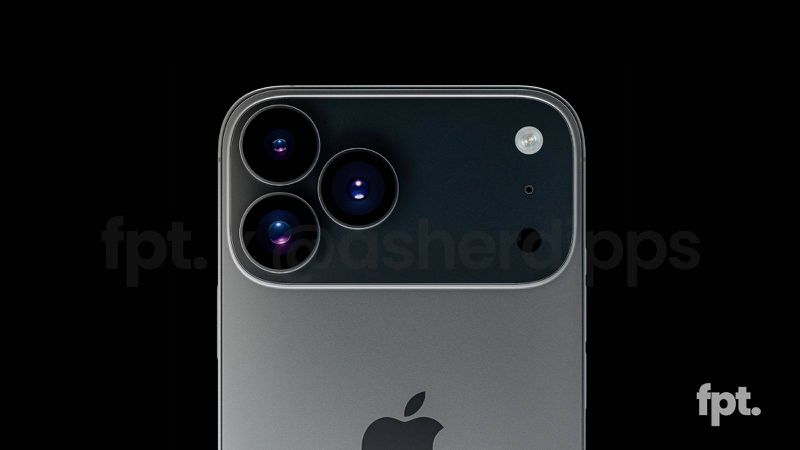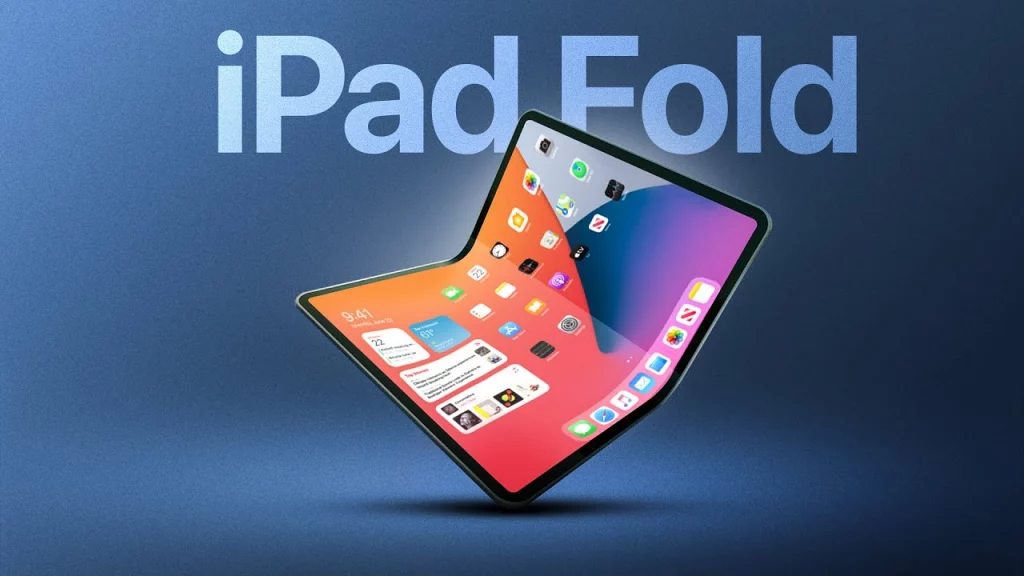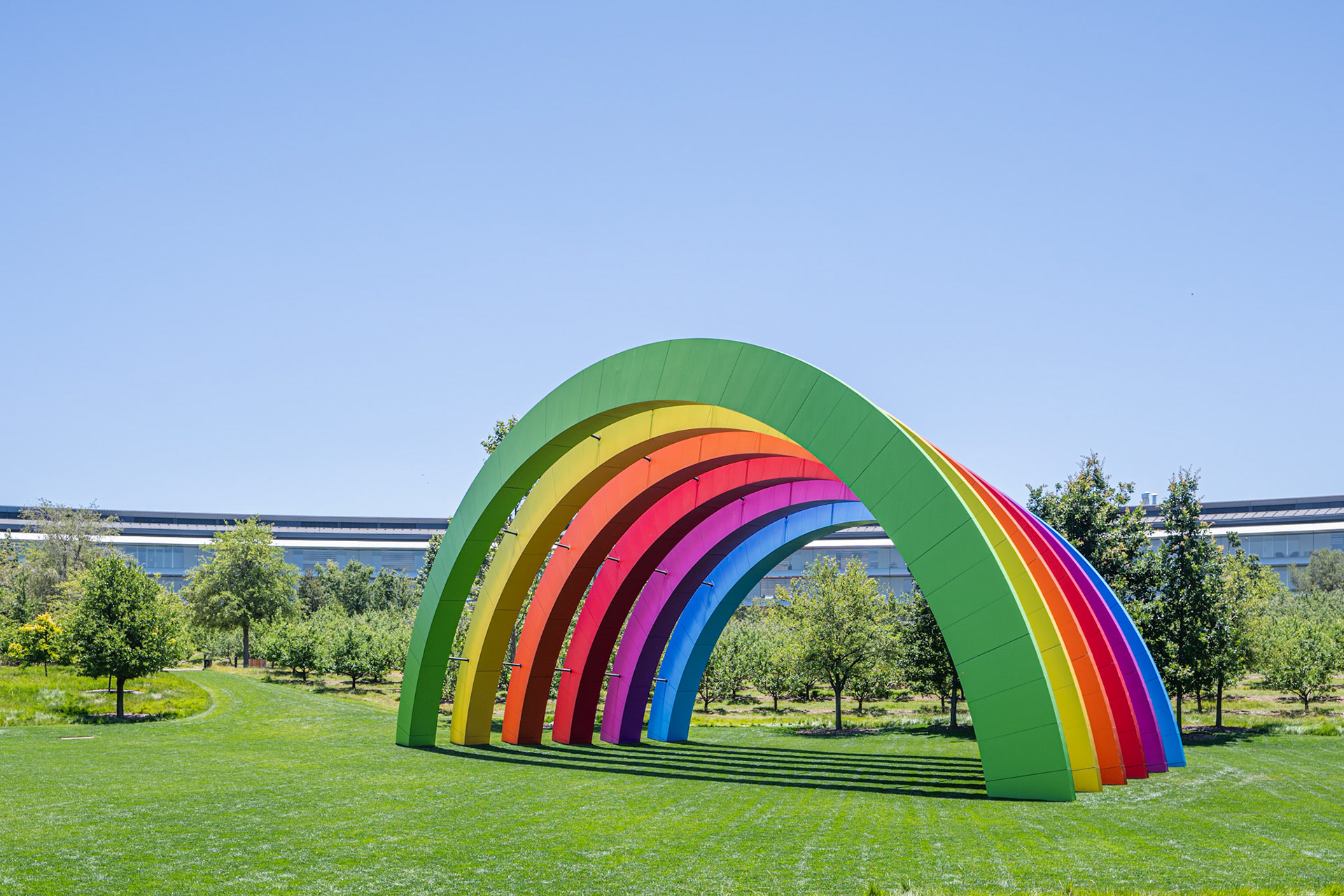A new app called Brcast has just arrived on the App Store, bringing a web browser to Apple CarPlay. This means drivers can now watch videos on their car’s screen by visiting websites like YouTube, Twitch, or others through the browser.
Apple normally doesn’t allow web browsers or video streaming apps on CarPlay, but Brcast found a clever way to work around that. The app doesn’t break any rules because it doesn’t directly stream video through CarPlay. Instead, it mirrors what’s on your iPhone’s screen by using web technology in a smart way.
To use the app, you install Brcast on your iPhone and open the website or video you want to watch. Then, it shows up on the CarPlay screen. It’s important to note that you’ll need to use your phone to control the app — the car’s screen only shows what’s already playing.
Of course, this app is meant to be used while parked or by passengers. Watching videos while driving is not safe and should never be done. Brcast is free to download, but if you want more features — like saving your favorite websites — there’s a subscription option starting at $1.99 per month. This is a big step for CarPlay users who’ve been asking for more freedom, especially when it comes to video streaming.
